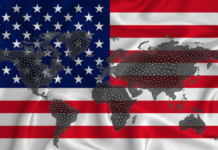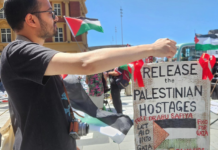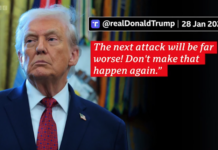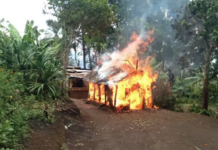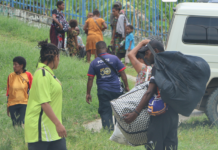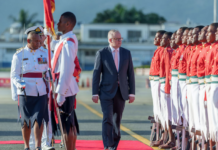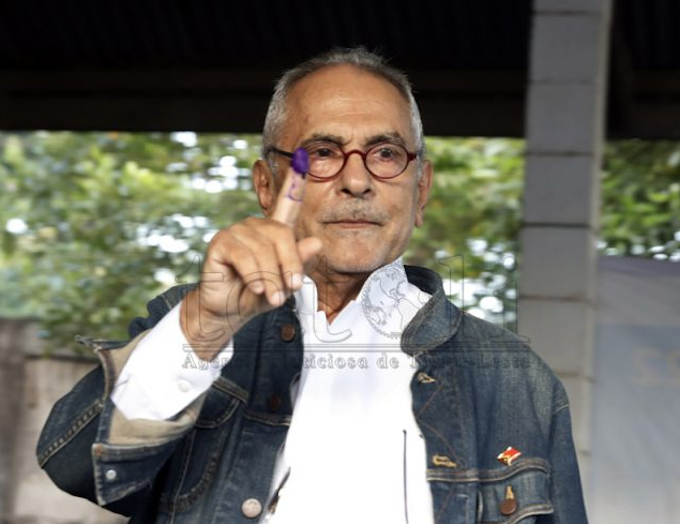
By Sofia Tomacruz in Manila
Nobel laureates José Ramos-Horta and Maria Ressa have urged Southeast Asians to keep working toward a better region where democratic freedoms are protected in lecture leading into World Press Freedom Day on May 3.
Nobel laureates José Ramos-Horta and Maria Ressa have called on Southeast Asians to fight for democracy and continue demanding human rights amid growing threats to democratic freedoms in the region.
Ramos-Horta, a longtime politician and independence leader in Timor-Leste, along with Ressa, veteran journalist and co-founder of Rappler, made the statements in an online lecture titled “Freedom in Southeast Asia” last Tuesday.
The discussion centred on ethical issues and the future of the Association of Southeast Asian Nations (ASEAN) in the areas of governing democracy, human rights, freedom of speech, freedom of the press, and social media.
“We have to keep fighting to improve democracy, perfect democracy as we have been fighting for decades, continue understanding that there will be setbacks, there will be triumphs for democracy again,” Ramos-Horta said.
Ramos-Horta recently won Timor-Leste’s presidential election, gaining 62 percent of votes after facing off with incumbent President Francisco “Lu Olo” Guterres, who secured 37 percent.
Ramos-Horta, one of East Timor’s best known political figures, was also president from 2007 to 2012, and prime minister and foreign minister before that.
Ramos-Horta said part of the reason he decided to run for public office again was inadequate government response to crises like the covid-19 pandemic. The president-elect said he would work to respond to global economic pressures, including supply chain issues stemming from the Russia-Ukraine war and covid-19 lockdowns in China.
‘Demand good governance’
“Don’t lose sight of what is important. Fight, but fight not with radicalism but fight with brains, wisdom, and a great deal of humility,” Ramos-Horta said.
Ressa, who covered Ramos-Horta as a journalist, echoed this call, saying that people in Southeast Asia “must continue demanding our rights and demanding good governance.”
“Our public officials need to realize that in the end, their struggle for power should not impede on the ability to deliver what their citizens need,” she said.
The full media freedom lecture. Video: Rappler
‘Enlightened self-interest’
Ressa, who has reported on democracy movements in Southeast Asia, said ASEAN has not been able to live up to its promises since it was founded in 1967. While advances have been made, the fight to protect democracy, she said, faces steeper challenges, including the use of social media platforms to spread lies and hate.
Ressa challenged leaders and the public to practice “enlightened self-interest” in an effort to foster a code of ethics that could push back against corruption and abuse.
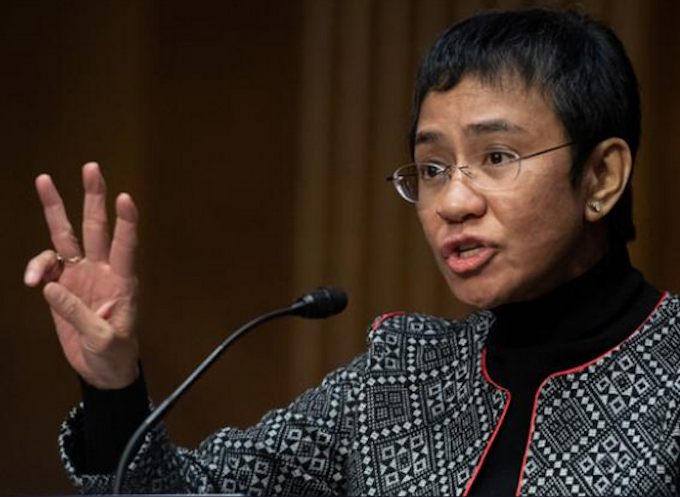
“I can distill almost everything wrong into two words: power and money – and how do you put guardrails around the people who have that? Ethics, rules-based [order], and they themselves limit themselves because there is a greater good. This is not just ASEAN, it is universal,” she said.
In fighting for democracy in the region, the Rappler co-founder also urged young people to first think of what they consider important and what freedoms they are willing to fight for.
She said: “Because of social media, democracy now is a person-to-person battle for integrity. And so the question for you is, where do you draw the line?
“How well will you give up some of your power to others in order to have a better world? What kind of leader not only do you want, but what kind of leader do you want to be?”
Ramos-Horta reminded the public to “live up to the responsibility” the region has in Myanmar, where a military coup plunged the country into turmoil, derailing a decade of democratic reforms and economic gain.
Expected to join ASEAN
Ramos-Horta earlier said he expected Timor-Leste to become the 11th member of the ASEAN “within this year or next year at the latest.” It currently holds observer status in the bloc – and also observer status with the Pacific Islands Forum.
“The message to the young people: You want a better Southeast Asia? You want a better region, better community that is generous, embracing of everyone because Southeast Asia is extraordinarily rich in diversity – and that makes Southeast Asia unique – then fight for it,” he said.
“Do not abandon the people of Myanmar who feel completely abandoned. That is the absolute priority for us in Southeast Asia,” he added.
Sofia Tomacruz is a Rappler reporter. Republished with permission.




